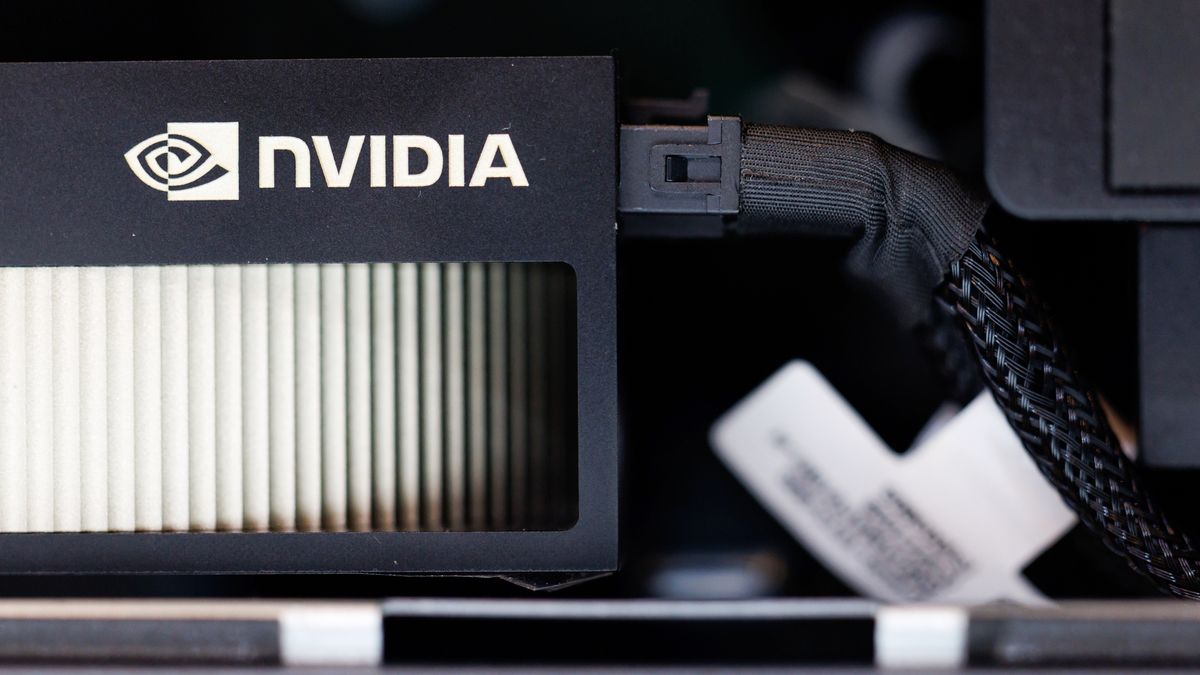Four years later, citing budget issues and cost overruns with the James Webb Space Telescope, NASA ended its participation in ExoMars. This was a bitter decision for European space policy officials to swallow, and it pushed them to strengthen ties to Roscosmos. The Russians became major partners, contributing not just a launch vehicle but also providing the critical entry, descent, and landing vehicle that would carry ExoMars down to the surface of Mars.
Then more traditional problems began to hamper the ExoMars mission. Namely, it ran into budgetary and technical problems. A launch date that had already slipped from 2011 to 2018 moved again, to 2020. In the run-up to a launch attempt, testing of the mission's parachutes did not go well. There were successive failures during tests in 2019. By that time, NASA had started to offer some technical help with the parachutes.
More delays
In March 2020, the European Space Agency finally made it official: There would be another delay. The launch of the mission was moving to the next Mars launch window in 2022. The onset of the COVID-19 pandemic proved to be the final straw in pushing back the launch date.
As the opening of the Mars window neared in 2022, with the mission in a final state of preparations, Russia invaded Ukraine. European officials were understandably uncomfortable proceeding jointly with Russia on the project, and in July, they officially terminated work with Russia. Dmitry Rogozin, then the director of Roscomos, responded with an angry message on this Telegram account, calling ESA chief Josef Aschbacher an "irresponsible bureaucrat."
Russia's war against Ukraine—at least at the time—led to a strengthening of ties between Europe and the United States across a number of fronts, including space. Cooperation on the ExoMars was put back on the table. NASA agreed to contribute a rocket for the mission, an engine for the descent module with adjustable thrust, and radioactive heating units. All in all, it was a rather extraordinary resurrection of the mission by European officials, and it was nice to see NASA helping to save the day.








 English (US) ·
English (US) ·